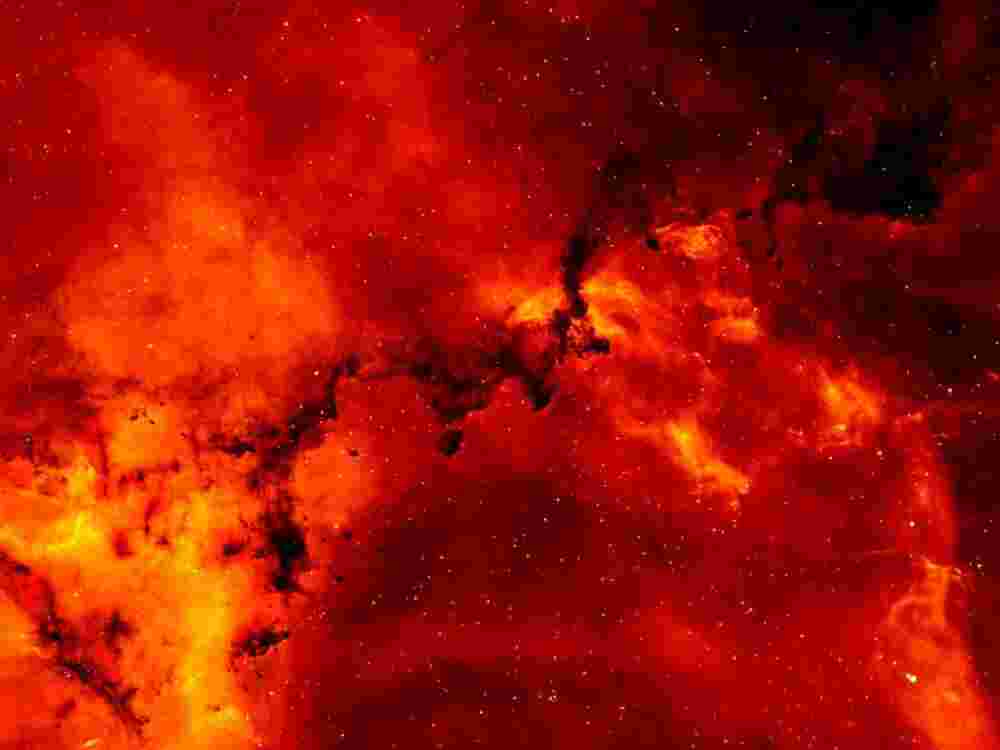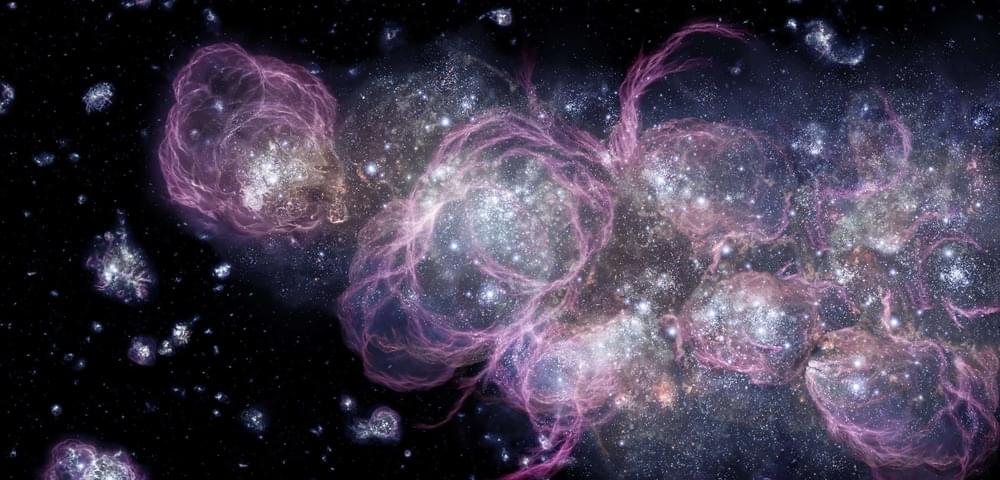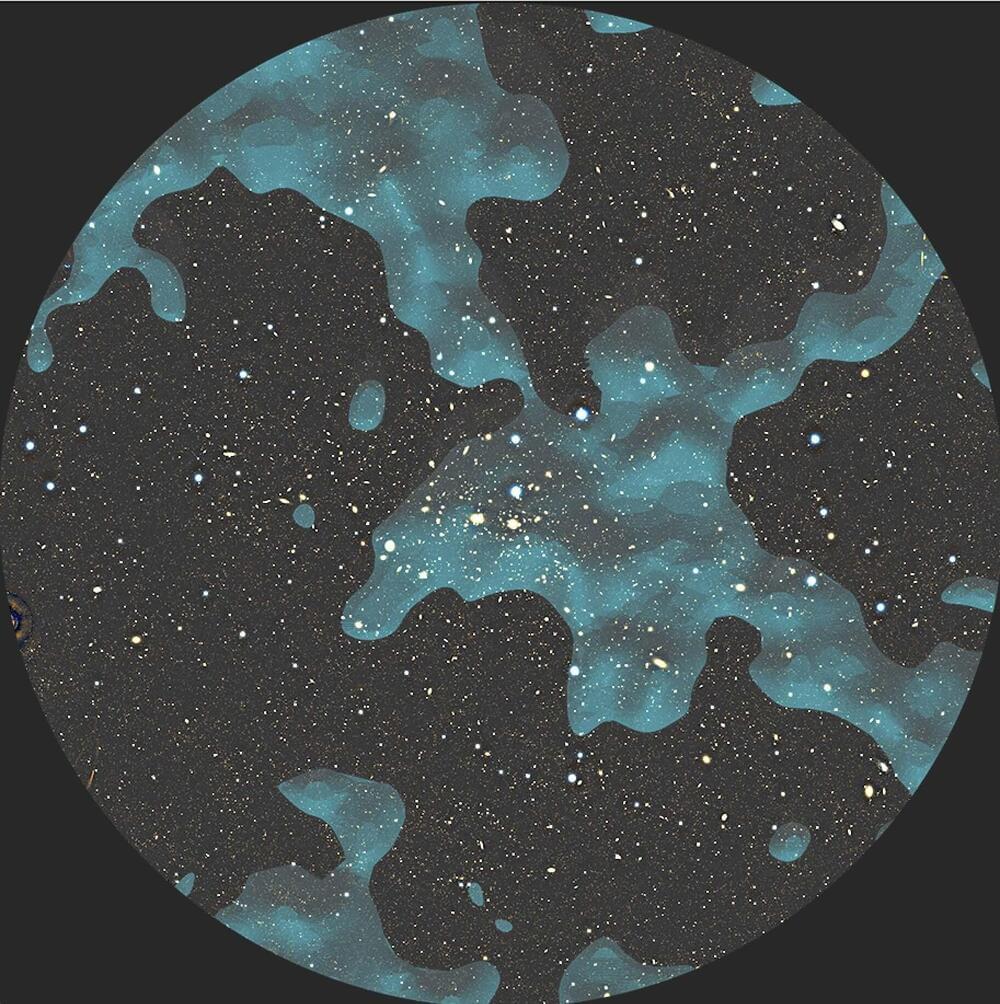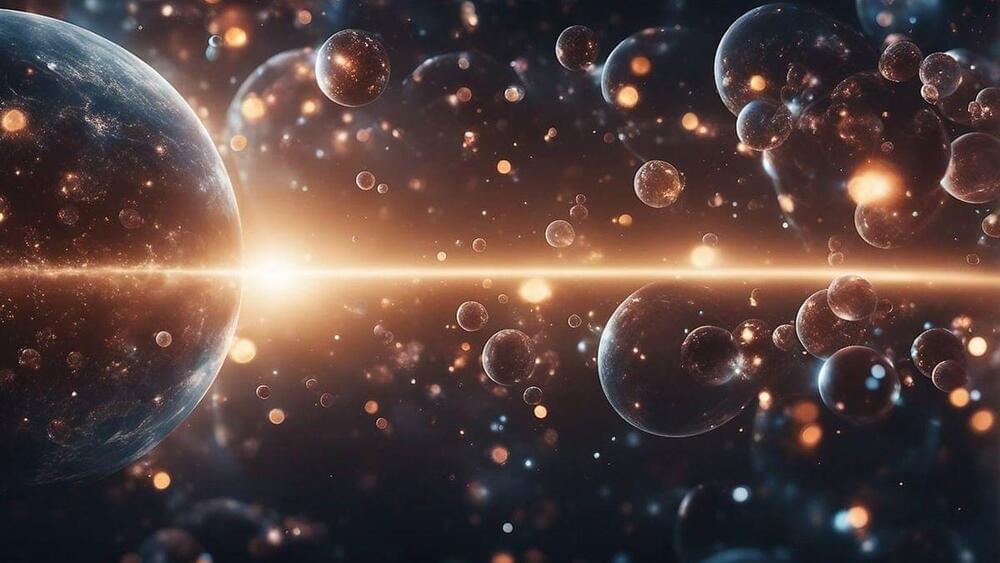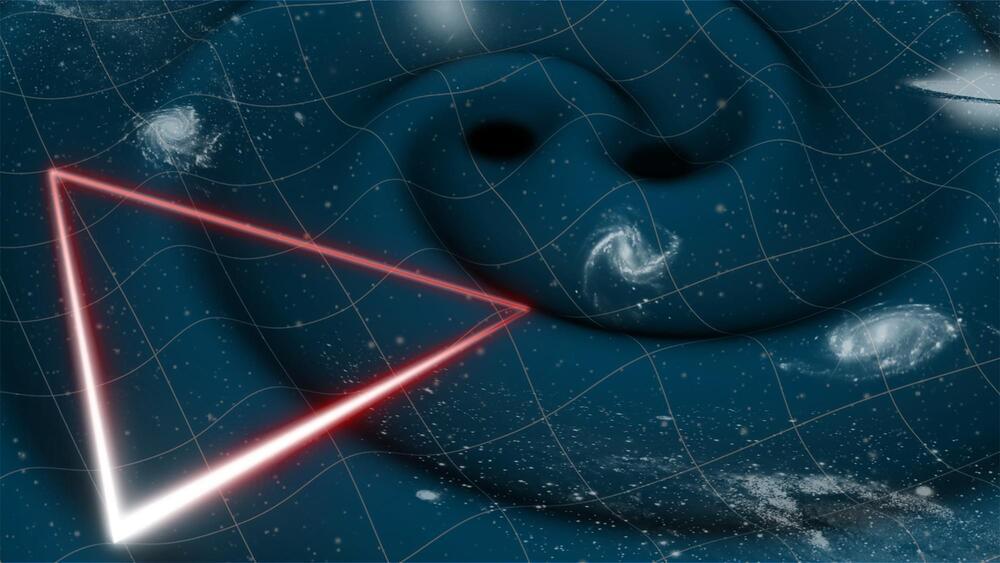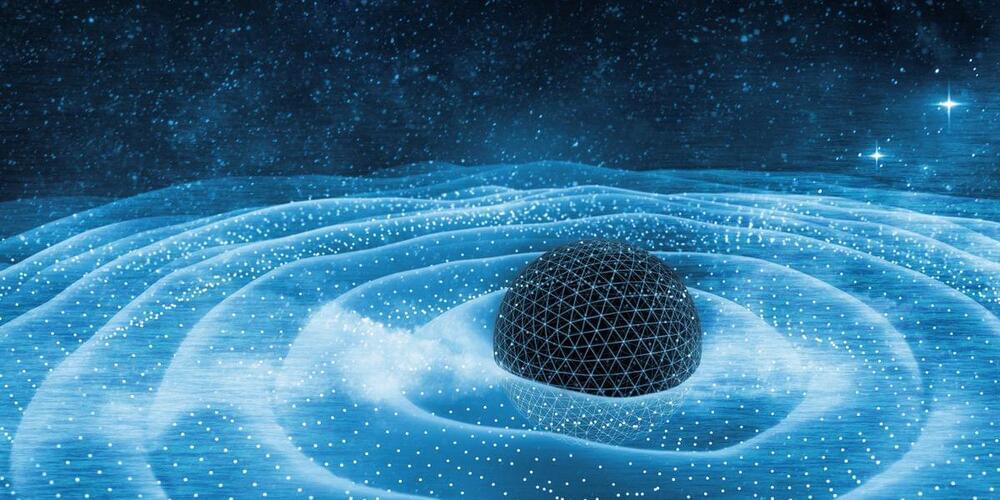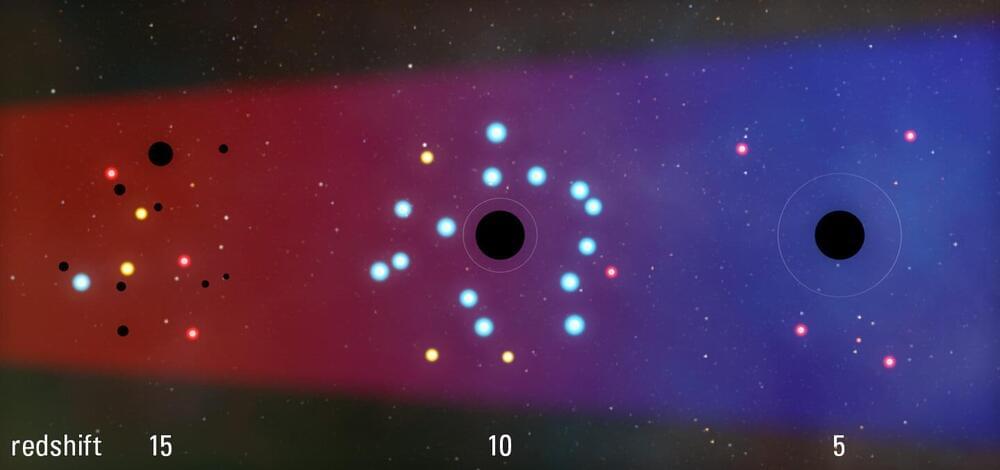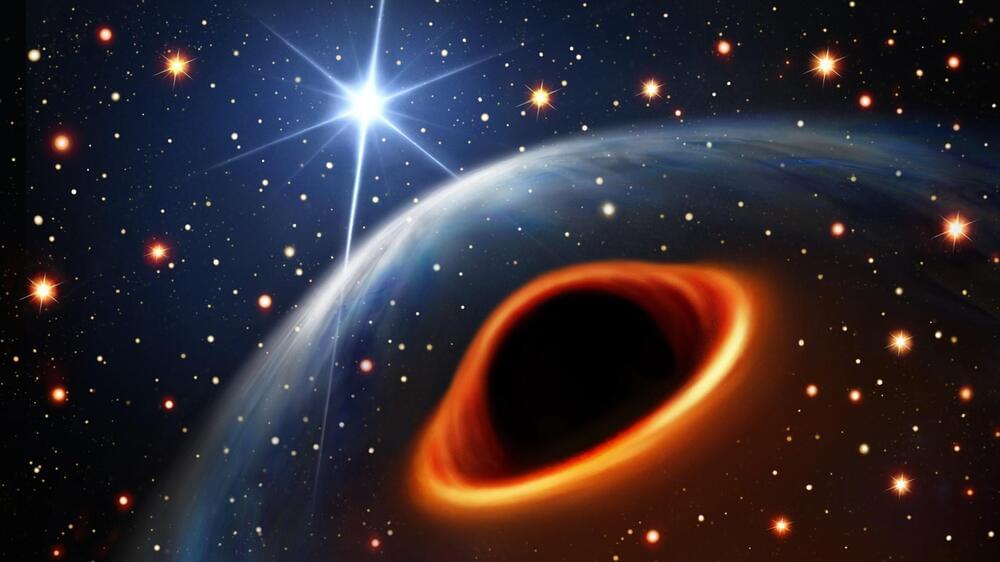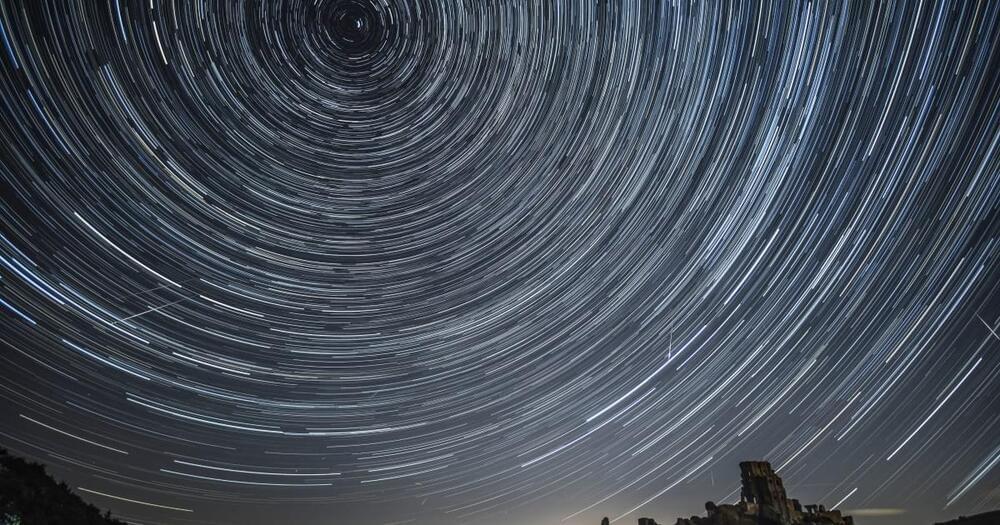Feb 9, 2024
Our universe is expanding at rapid rate by absorbing other ‘baby universes’, new study suggests
Posted by Shubham Ghosh Roy in categories: cosmology, physics
Scientists have been pretty sure that our universe is expanding at a rapid rate, but no one exactly knew how. Now, a new theory suggests that our universe might be expanding by colliding and eventually absorbing “baby” parallel universes.
This theory was published in a science paper called the Journal of Cosmology and Astroparticle Physics in December 2023. In the study, scientists proposed the idea that the expansion of the universe may be a result of it constantly merging with other universes.
